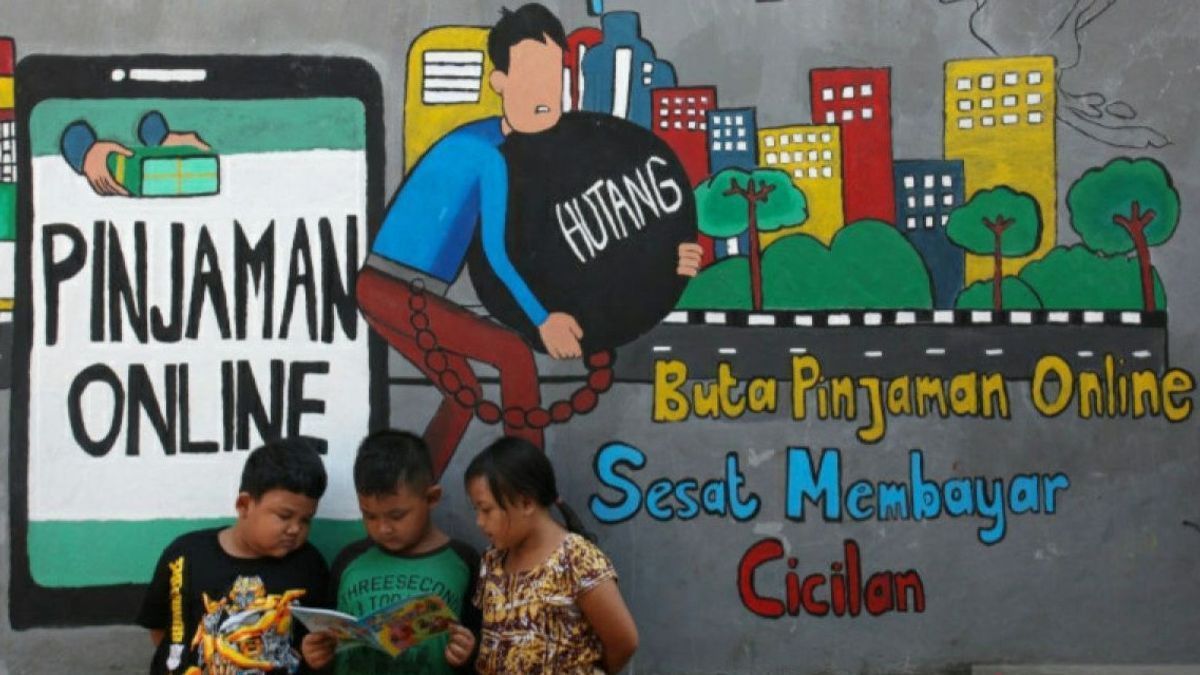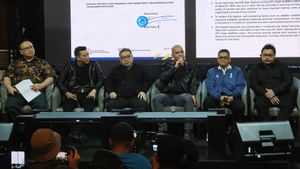YOGYAKARTA The Financial Services Authority (OJK) has just published a roadmap aka roadmap for the Development and Strengthening of Information Technology-Based Joint Funding Services (LPBBTI) or Fintech Landing in 2023-2028. In the roadmap, there are new rules for the latest lending that must be obeyed.
In addition, OJK also issued SE OJK No. 19 of 2023 concerning the implementation of fintech lending which regulates the economic benefits or interest rates awaited by the wider community.
Chief Executive of the Supervisory Agency for Financing, Venture Capital Company, Micro Financial Institution and Other Financial Services Institutions (PVML) OJK Agusman explained that in the roadmap there is an explanation regarding the provisions of consumer organizers and protection, including the procedures for refunds and ethics that must be applied during collection. The following are important points that need to be known.
The roadmap also regulates the loan collection mechanism. It is said that online loan provider companies are prohibited from using threats and intimidation. The company is also not allowed to use physical, verbal, or violent violence that meets elements of SARA when collecting on borrowers/debtors.
In addition, OJK also regulates collection times carried out by peer to peer lending operators for debtors. Agusman explained that collection can be done at a maximum of 20.00 local time. This means that collection is not carried out for 24 hours.
"It is done at certain hours, so there is a time limit, not 24 hours. We limit it to a maximum of 8 pm," Agusman said in a press conference, Friday, November 10, 2023.
The peer to peer lending company is asked to take responsibility for the entire collection process.
"So if there is billing until we have people to commit suicide, this should not happen like this in the future. We really maintain consumer protection better and this industry is beneficial for the community and the economy," he said.
In a copy of the SEOJK, it is also stated that collection can only be done through a private route, namely at the collection address or domicile of the recipient of the funds. Collection is not allowed through continuous communication until it interferes.
OJK also requires billing personnel to bring identity cards issued by other parties who have collaborated with the organizers. The identity card must include a photo of yourself.
In its Circular Letter, OJK also regulates interest in the loan industry, namely by reducing the maximum limit of benefits to borrowers.
"In this new arrangement, we will gradually adjust the economic benefits," said Agusman.
VOIR éGALEMENT:
For consumptive funding, the loan interest will be lowered gradually to 0.3 percent per day in January 2024. Then in 2025 it will be reduced to 0.2 percent per day. Then in 2026 and so on, 0.1 percent per day.
Meanwhile, for productive funding, the decline will be carried out in the first two years, namely 2024'2025 at 0.1 percent per day, then in 2026 and then 0.67 percent per day.
The public is also only allowed to borrow on three loan platforms. This restriction is carried out in order to prevent excessive funding practices to debtors. Thus, online loan providers are required to pay back or repay capacity owned by borrowers when applying for loans.
That's information regarding the new Pinjol rules. Visit VOI.ID to get other interesting information.
The English, Chinese, Japanese, Arabic, and French versions are automatically generated by the AI. So there may still be inaccuracies in translating, please always see Indonesian as our main language. (system supported by DigitalSiber.id)












